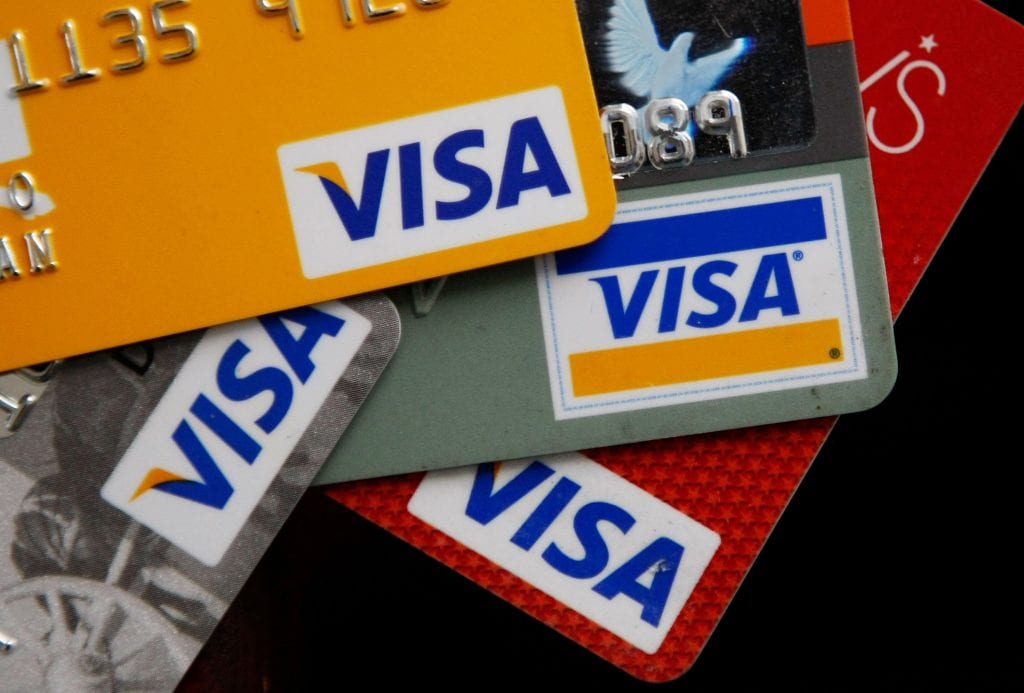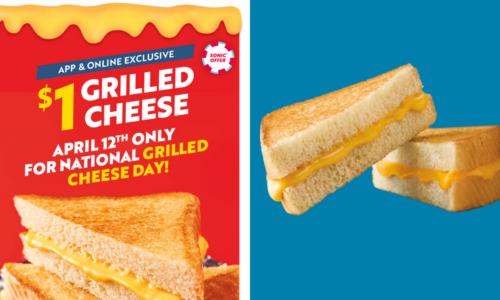You know what your credit score is, right? It’s an important number to know for a variety of reasons. After all, it’s a factor in the amount and type of loan you can get to buy a home or car, and it’s also used to determine your credit limit.
But what about your consumer score? This “secret” rating is used by retailers in order to determine how to treat you as a customer. The score can influence whether you’re able to make a return, how long you’re forced to wait on hold when you place a customer service call and which types of deals and offers you receive from a retailer.
Journalist Kashmir Hill got access to her consumer score and wrote about the experience for The New York Times. She was shocked to get a more than 400-page report from a company called Sift, which tracks consumers’ activity with a number of companies, including Yelp, Airbnb and Coinbase. According to its mission statement, the company helps “more than 34,000 sites and apps navigate the fine balance between growing revenue and protecting their business.”
Hill was astonished by the level of detail in her report.
“Sift knew, for example, that I’d used my iPhone to order chicken tikka masala, vegetable samosas and garlic naan on a Saturday night in April three years ago,” she wrote.
Companies hire Sift to help identify stolen credit cards and stop fraud.
And while it’s notoriously difficult to access your file from these companies, Hill identified five that say they will share the data they have on consumers:
Sift: Email privacy@sift.com
Zeta Global: Use this online form.
Retail Equation, which helps retailers decide whether to accept or reject a return from a customer: Email returnactivityreport@theretailequation.com
Riskified, which develops fraud scores: privacy@riskified.com
Kustomer: Email privacy@kustomer.com
Although these companies all say they will release your data, Hill had an easier time procuring her data from some companies than she did with others. What’s more, how and why these companies use the data they have remains in question.
“I don’t really care that these data analytics companies know that I made a return to Victoria’s Secret in 2009, or that I had chicken kebabs delivered to my apartment, but how is this information being used against me when you generate scores for your clients?” Laura Antonini, the policy director at the Consumer Education Foundation and co-author of a report from the organization that wants the Federal Trade Commission to investigate these scores, told The Wall Street Journal. “That is what consumers deserve to know. The lack of information I received back is the most alarming part of this.”
Sift gives consumers a score between 1 and 100, designed to rate a customer’s overall trustworthiness, but the report Hill received from the company did not include this number.
Companies that enlist Sift’s services say it can be useful in sorting out whether the person behind a digital transaction is who they claim to be.
“Sometimes your best customers and your worst customers look the same,” Jacqueline Hart, head of trust and safety at Patreon, which uses Sift, told The Wall Street Journal. “You can have someone come in and say I want to pledge $10,000 and they’re either a fraudster or an amazing patron of the arts.”
Are you curious about your consumer score?










